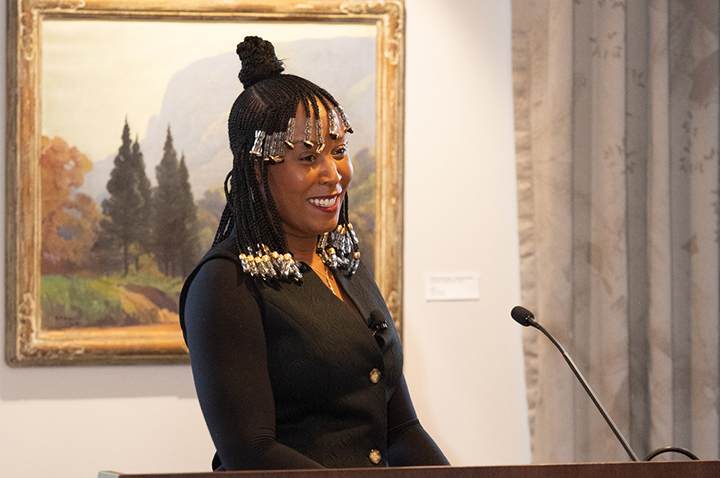
Johannesburg—As police informers go, this one was worth her weight in gold. She knew when a crime was about to happen, and would tip the cops off when her clients came to have their guns blessed.
The East Rand informant was a traditional healer. Care had to be taken not to blow her cover. In the South African underworld, muti looms large. Cash-in-transit robbers are known to wear bracelets that they believe will turn bullets into water.
House robbers will often leave muti, in bottles or vials, at their intended crime scene.
“You find a lot of muti on them, especially the cash-in-transit and business robbery guys. They wear these leather straps that are supposed to turn bullets into water. It doesn’t work,” says an ex-policeman.
“Sangomas will also bless their cars and their guns,” he adds. It was this ex-policeman whose informant was the East Rand sangoma.
“We would either pull them over just after being with her or just before they got to her. So, there are some sangomas willing to assist you, but you don’t get them a lot.”
Unisa Criminology Professor Rudolph Zinn says traditional healers rarely become informants.
“It’s often easier to get one of their assistants as an informant,” he explains.
Studies by Zinn and others have shown that traditional healers hold considerable influence over criminals and may even be involved in many aspects of their planning.
“Before the crime, they will seek the blessing of the sangoma. Afterwards they will see the sangoma, so they can cleanse the money,” Zinn explains.
Mahlogonolo Thobane of Unisa interviewed 40 cash-in-transit and ATM bombing robbers in prison to get an understanding of how they used muti.
In an article she wrote, Thobane described how often, the night before the crime, the gang would sleep at the sangoma’s house and rituals would be performed.
This helped weed out possible snitches, she explained.
After the crime the traditional healer also gets his or her cut of the money.
“Some of them are really well paid. You’re looking at R10 000 and up,” says Zinn.
Investigators believe that muti found at crime scenes could be used to link syndicates to other crimes.
As a way of combating crime, Thobane suggests that efforts should be made to cultivate sangomas as informants.
“These individuals could become excellent early- warning mechanisms for the criminal justice system,” she writes.
She adds that to prevent traditional healers from turning to crime, a code of ethics should be introduced and a registration system initiated.
But the Traditional Healers Association says that it is difficult to offer a financial alternative to blood money.
“We need to have in place programmes that will help our members sustain themselves beyond such activities.
“In most cases, these people will tell us, if we must stop these actions, what is there for us?” says Phephsile Maseko, the national co-ordinator of the body.
In the past, the association tried to work with the police to address the quandary, but according to Maseko they were not successful. “But now it looks like both the new minister and commissioner are interested in starting talks with us,” she says.
*By Shaun Smillie | 19 May 2018, 11:30
This article first appeared in The Saturday Star and is used by permission. You can read the original here.
Publish date: 2018-05-22 00:00:00.0
 AMT to strengthen global black hole imaging and advance African astrophysics
AMT to strengthen global black hole imaging and advance African astrophysics
 Unisan awarded Presidential Fellowship at American university
Unisan awarded Presidential Fellowship at American university
 CEDU's climate change initiative: Highlights
CEDU's climate change initiative: Highlights
 Early career path identification and subject choice critical for future Unisa students
Early career path identification and subject choice critical for future Unisa students
 Unisa earns top-level certification for grant management
Unisa earns top-level certification for grant management